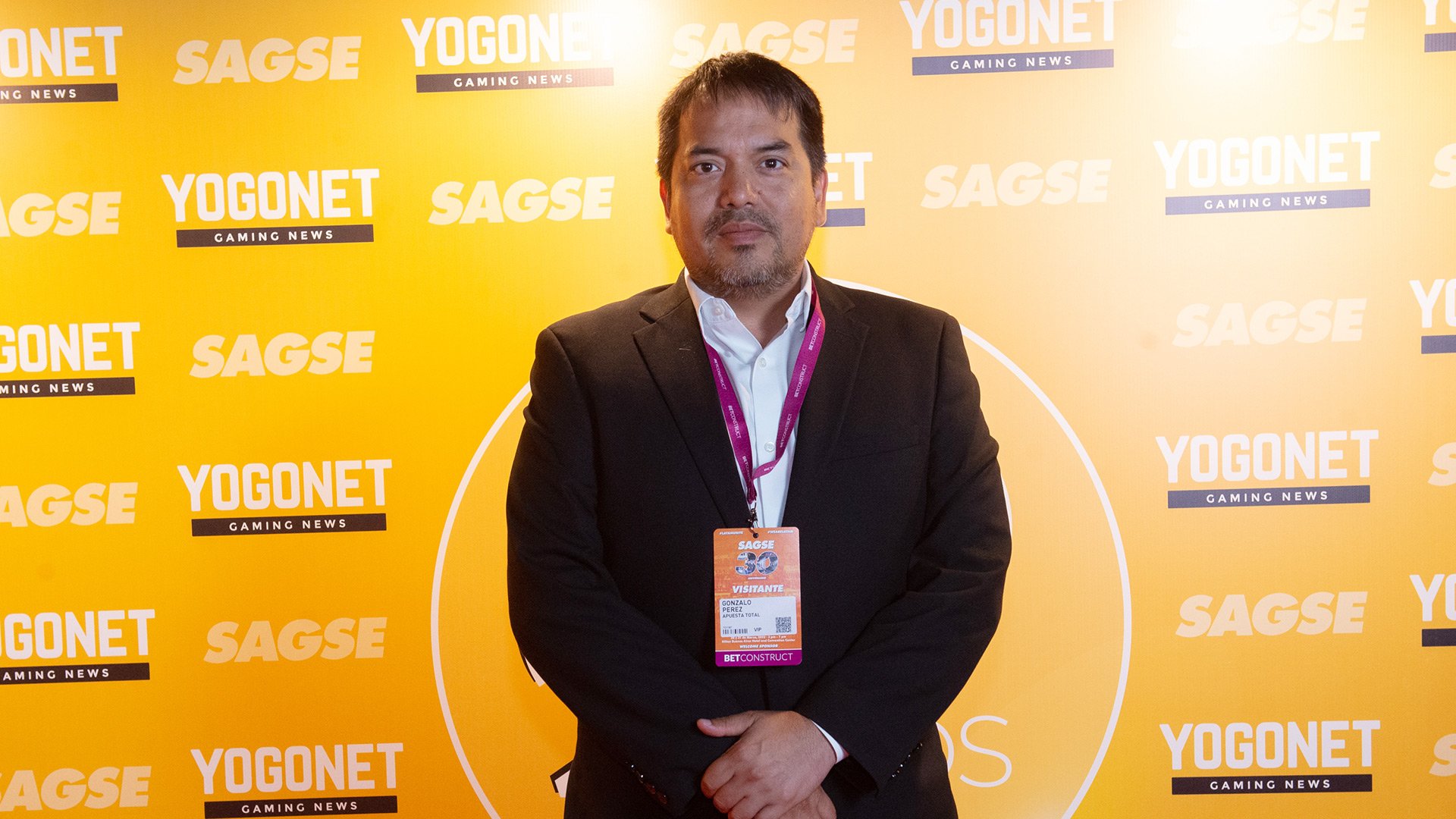The elephant in the room: Gambling advertising vs protecting vulnerable players

Ron Mendelson is the Director of Costa-Rica based International Business & Corporate Services consultancy firm, Fast Offshore. With over 24 years of real-world experience in iGaming Licensing and Payments, Regulatory Compliance, Tax-Efficient Corporate Structuring, Incubator and other Hedge Fund Licenses, Blockchain and Cryptocurrency related services, he advises a number of international clients on their business needs in the Americas, Europe, and beyond.
There is much debate around whether iGaming is ethical and whether you can promote your services to clients in a way that doesn’t jeopardize vulnerable players. Acknowledging the risks of gambling is something of an ‘elephant in the room’ for the industry but ignoring it doesn’t make it go away. You absolutely can and should seek to find synchronicity between your killer advertising strategy and protecting vulnerable players.
What does “vulnerable player” mean?’
The truth is that gambling can become a dangerous pastime for some, leading to negative outcomes. It can impact finances, security, mental health, relationships with others, and eventually, society. Those who have suffered from gambling addiction, or who exhibit tendencies to gamble in a problematic way, are considered vulnerable. In other words, a vulnerable player is someone with a history of addiction or someone that due to a variety of factors, may become addicted or experience issues with gambling.
While there is no single and widely accepted definition of “vulnerable player”, it is understood to encompass those with a history of drug or alcohol abuse, those with a history of mental health issues, ethnic minorities, and older adults. This is supported by data and includes young and underage individuals enticed to gamble without understanding the risks.
Why you need to advertise your business
The online gambling sector is highly competitive. It is lucrative, popular, and full of competing sites and platforms. Its rate of growth is increasing, and more and more demographics are signing up to play. This leads to more online gambling operators starting up. While there is room for everyone, it does mean that advertising is an important part of any successful strategy.
Typically, an advertising campaign includes social media such as Facebook, Twitter, Instagram, YouTube, and various forums. It will also include adverts on websites, sponsorships of brands or events, link-building articles, and affiliates. Considering the net is thrown so wide, it poses challenges for ensuring your content isn’t impacting vulnerable gamers.
But how can you advertise and make sure your platform and services are known while making sure you aren’t targeting vulnerable players?
Codes of Conduct
Countries that issue online gambling licenses have in place codes of conduct and rules for responsible gambling. Most of these include how an operator can advertise and restrictions on who they can target, where, and when.
For example, in the UK, the Industry Groups for Responsible Gambling (ICRG) created a Gambling Industry Code for Socially Responsible Advertising. This code requires safer gambling messages and helplines included in all adverts, advertising aimed exclusively at adults, and that operators promote awareness of responsible gaming. They also provide a list of blacklisted keywords and terms that deemed unethical.
Then, in April 2020, the European Gambling and Betting Association announced the first pan-European Code of Conduct for responsible advertising for the online gambling market. For the first time, the code laid down standards on how operators should approach marketing their products both in and out of the EU.
It included examples of how gambling advertising should and shouldn’t look and increased controls to protect minors. These controls include not showing gambling advertising online or television during broadcasts or on sites targeted at minors, and age-gating gambling sites on social media. It also prohibited gambling companies from sponsoring events that appeal to underage people.
Regulation
Many licensing authorities have introduced their standards to ensure their licenses aren’t targeting vulnerable players. For example, Kahnawake is tough on ethical gambling, and dishonest practices or targeting minors can result in your gaming license being revoked.
It’s the same story in Malta and Curacao- certain standards and responsible gambling policies are required to be published on the site and adhered to at all times. Failure can result in fines or licensing issues.
Additionally, other requirements such as self-exclusion policies and limits should be implemented and respected by gambling operators.
Why it’s important to be ethical
Of course, your reason for starting an online gaming company is to make money and be successful. However, this must be achieved without profiting from problem gamblers or underage players. Following ethical iGaming standards and meeting legal obligations is important for various reasons.
Firstly, if you fail to meet the standards or knowingly target vulnerable players, you can be fined. In some cases, you might even find yourself in court or losing your license. The financial consequences and reputational damage can be extremely hard to recover from.
If you are new to the business, it might seem like a lot to take on. But compliance with responsible gambling codes of conduct, and legal requirements doesn’t have to be hard. Many Fast Offshore clients have asked for our input on creating responsible gaming policies and making sure they meet their jurisdiction's standards. Depending on where you will be based, who and where your clients are, and what you are offering, we can help you strike the balance between effective advertising and protecting vulnerable players.



















































